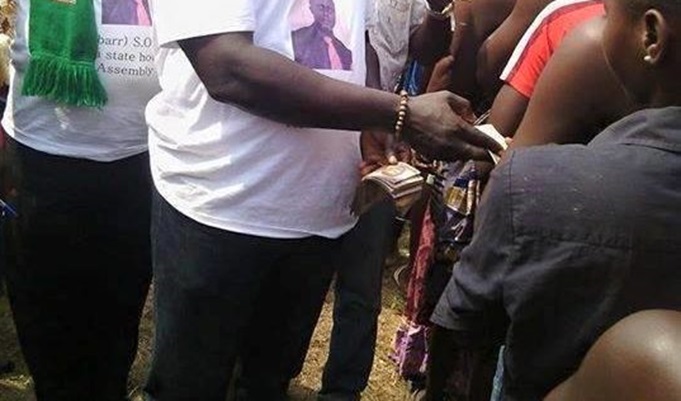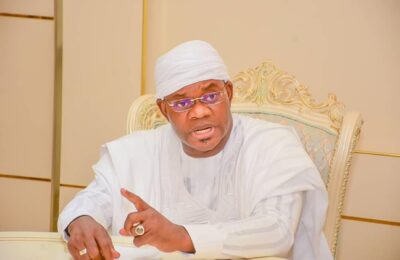Spread the love
The relationship between money and politics is complex and multifaceted. In many countries, money plays a significant role in shaping political outcomes, influencing policy decisions, and determining the success of political campaigns.
The Influence of Money in Politics
- Campaign Financing: Money is essential for political campaigns, enabling candidates to fund advertising, staffing, and other expenses.
- Lobbying: Special interest groups and corporations often use money to influence policy decisions, hiring lobbyists to advocate for their interests.
- Corruption: In some cases, money can be used to bribe officials or influence policy decisions through illicit means.
The Impact of Money on Democracy
- Unequal Representation: The influence of money in politics can lead to unequal representation, where the interests of wealthy donors or special interest groups are prioritized over those of ordinary citizens.
- Policy Distortion: Money can distort policy decisions, leading to outcomes that benefit special interests rather than the broader public good.
- Erosion of Trust: The perception that money influences politics can erode trust in government and democratic institutions.
Reform Efforts
- Campaign Finance Reform: Implementing stricter campaign finance laws can help reduce the influence of money in politics.
- Transparency and Disclosure: Requiring transparency and disclosure of political donations and lobbying activities can help increase accountability.
- Public Financing: Public financing of campaigns can help level the playing field and reduce the influence of private money.
Conclusion
The relationship between money and politics is a complex issue that requires careful consideration and reform efforts. By promoting transparency, accountability, and public financing, we can work towards a more equitable and representative democratic system.
– Benjamin Ibrahim, a retired Permanent Secretary, writes from Lokoja.
Spread the love




